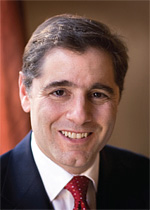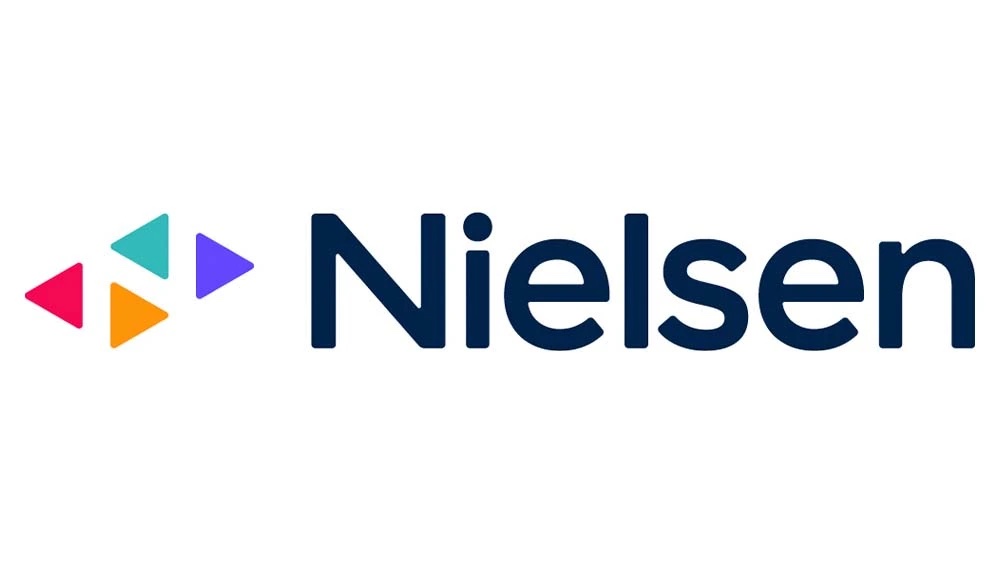Genachowski Wades into Net Neutrality Debate

There are scenarios so plausible, they're probable. In Scenario A, a Web-based video service with deep pockets—let's say, oh, Hulu (backed by conglomerates Fox and NBC, among others)—decides it wants special treatment and it's willing to pay.
Hulu cuts a deal with the handful of major Internet service providers to give its content special fast-lane treatment. The service providers make a nice buck. Hulu users bask in the glow of fast-streaming video. A win-win all around.
Until, of course, some savvy Net hipsters decide to launch their own version of a high-def YouTube, and find they have to pay to play.
Is that fair?
In Scenario B, an Internet service provider that also happens to offer video services—in this scenario any number of cable operators fits the bill—decides it doesn't want Hulu and its ilk stealing viewers who may eventually cut off their cable. So the operator deliberately degrades the quality of any Hulu content traveling over its pipes.
Is that fair?
In Scenario C, an Internet service provider decides it wants to go after bandwidth hogs it says degrade service for everyone. So it identifies any user employing file-sharing software, labels those users criminal (after all, the fast majority of file-sharing is illegal), and deliberately impedes their service.
Is that fair?
ALL HAIL JULIUS

FCC Chairman Julius Genachowski Fortunately for us plebeians, a patrician by the name of Julius Genachowski gets to tackle all this. A Columbia University schoolmate and Harvard Law School buddy of President Obama, Genachowski was confirmed as FCC chairman in June, after serving last year as Obama's top technology advisor during the campaign.
His stated mandate is no different than that of his Republican predecessor: "To ensure that every American has access to open and robust broadband."
Just how he and his boss intend to do that began to emerge last month.
On Sept. 21 at the most incongruous of venues, the conservative Brookings Institution, Genachowski delivered his first major policy speech, hailing the principles of net neutrality and announcing he will seek to expand and formalize them.
The move met with an immediate cheer from consumer groups and Internet services such as Google, but a round of thumbs down from cable and telco industry honchos.
The latter vented particular ire at Genachowski's goal to extend these new rules to wireless broadband. Such intrusion, they argue, is unwarranted due to a lack of evidence of wireless operator shenanigans. Besides, they say, their 3G networks are already strained to the limit, and the competition among wireless providers is healthy and fierce.
NEW RULES OF THE ROAD
Under Bush-era chair Kevin Martin, the FCC espoused four net neutrality principles, summarized in the new chairman's speech: "Network operators cannot prevent users from accessing the lawful Internet content, applications, and services of their choice, nor can they prohibit users from attaching non-harmful devices to the network."
To these Genachowski added two major new principles: "broadband providers cannot discriminate against particular Internet content and applications" and such providers "must be transparent about their network management practices."
But where Martin never sought to enshrine net neutrality principles as formal rules, Genachowski vowed to go through the ordeal. It's a process that involves public hearings, and will surely trigger legal challenges. If any such challenge derails the FCC from its mission, the debate will likely shift to Congress, where several net neutrality bills have been proposed. And we all know what a mess that could be.
ARE ALL DATA EQUAL?
Genachowski argued in his speech that there's simply too much at stake not to take the path of regulation, likening the Internet to a vast galaxy that generates its greatest value when fully unbridled.
While he nodded to the providers at the "center" of the galactic core for having made steep technology investments to bring us increasingly speedy access, he planted his faith firmly in innovators and entrepreneurs at the "edge" of the Internet. Mosaic, eBay, Facebook and Wikipedia all started as tiny specks on the galactic fringe, he noted, and all blossomed into economic and technological powerhouses.
"Doing nothing" to ensure an open Internet, he argued, "would impose its own form of unacceptable cost," as it would mark a "dangerous retreat from the core principle of openness—the freedom to innovate without permission"—that has been a hallmark of the Internet's success.
The new FCC boss called on everyone to participate in the rulemaking process, saying he would schedule a number of public workshops and inviting visitors to stop by the federal government's new Web site, www.openinternet.gov. The timetable puts the new rules on track for adoption next spring, at the earliest.
It's an encouraging opening from the Obama administration, which is already mired in a healthcare slugfest and sluggish economy. The nation's joblessness, in particular, could be alleviated by greater broadband penetration; a 2007 study by the very same Brookings Institution projected that each percentage point gain in broadband penetration would create 300,000 jobs.
The problem is that many of the nation's broadband providers are teetering under a mountain of debt, meaning they can't afford to treat all users equally, and can't afford further capital investments to boost bandwidth.
They could, however, treat all data equally and still comply with net neutrality principles. That's why, as several analysts have pointed out, the key for providers may be not a lengthy court battle, but tiered pricing plans.
After all, "open" doesn't necessarily mean "free."
Will Workman is a former editor of telco industry publications Cable World and MediaView. He is now working on his Ph.D. in mass communications. He can be reached care of TV Technology.
The professional video industry's #1 source for news, trends and product and tech information. Sign up below.
